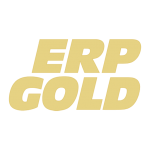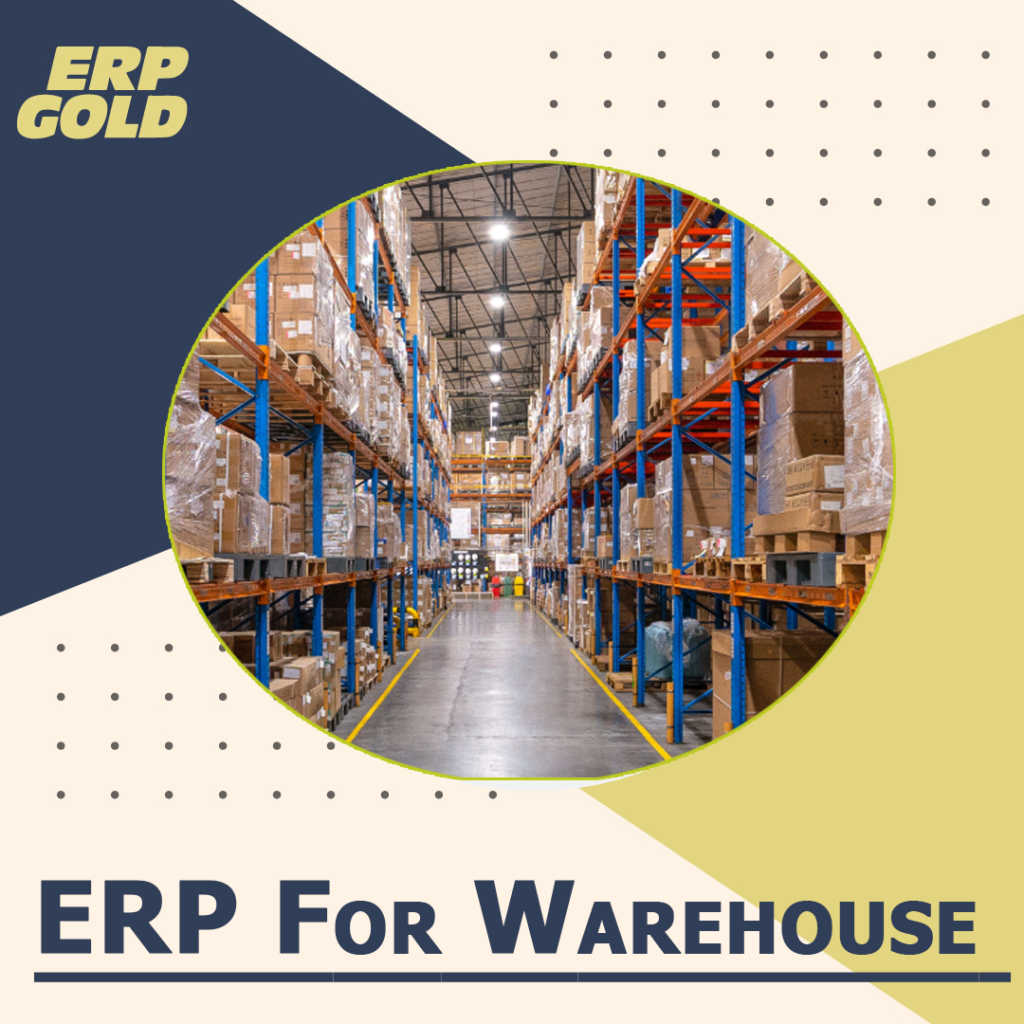What Is ERP?
Enterprise resource planning (ERP) is a method of managing and integrating several aspects of a corporation. Many ERP software programs assist firms in adopting resource planning by combining all business activities into a single system. Another feature of ERP software is integration.
Key functions of ERP in warehousing
- Sales
- Inventory procurement
- Marketing
- Human resources
- Finance
- Warehouse and fulfillment
According to general ERP data, 88 percent of enterprises feel their ERP deployment helped them flourish, and 53 percent say ERP is a priority investment area. In contrast, Statista’s 2020 poll found that 84% of warehouse and logistics companies use a WMS.
Finding the proper technology and strategy solution for distribution and fulfillment has become a must for supply chain managers. E-commerce, logistics, and food and beverage companies are now focused on automation. What if your present method doesn’t fit into the newer system?
So, here’s a secret. Using these two products together may make your enterprise operations more dynamic. ERP is already an all-in-one solution, and consolidating it with your WMS ensures a return on investment. This integration addresses today’s operational issues and supports future growth.
There are many advantages of ERP software for warehouse management.
Benefits of Warehouse ERP Software
- Seek Wisely
To save time in your warehouse, you need efficient SKU retrieval. Most ERP software currently employs IoT tags, SKUs, and IDs to track and dispatch goods.
- Inventory control
An ERP system for inventory management automates stock buying, sorting, and transferring. It also helps to know when to buy fresh merchandise and how much it will cost. So ERP inventory management maintains appropriate stock levels.
- Affordably store
It’s critical to collect data while receiving inventory. The ERP system’s scanning capability efficiently retrieves crucial product style and quantity parameters. A barcode scanner may also print fresh labels with the vendor name, order number, and SKU in seconds. So your system promptly distributes merchandise to the appropriate storage based on its properties.
- Optimization of warehouse inventory
Transport and gasoline expenditures may sometimes exceed supply chain budgets. With ERP software predictive analysis tools, you won’t have to worry. According their distribution networks, it determines the quickest shipping routes. Plus, adding pick-up and delivery locations is a breeze. All of this saves time and money.
- Live Updates
Warehouse management ERP software may provide customized stock level and dispatch alerts. So that if you forget, the system will remind you, eliminating delays and over-and stocking.
- Usability
Unlike other complicated business tools, ERP software is easy to use. You may also personalize ERP software for your employees and organization. Operational tasks are shown on the unified dashboard. So each section can monitor and assure sales.
- Improved customer care
Customers now anticipate two-day delivery. Now you must meet clients’ expectations if you want their business. Customer satisfaction depends on timely and high-quality product delivery. To fulfill orders properly and on schedule, ERP intelligence skills come in helpful.
- Indicate downfall in Market
Informed judgments may be made with ERP software that combines data from several sources. Together with warehouse management, you may plan and expand your operation. So it improves supply chain operations and prepares your organization for market upheavals.
How to begin? It might be your first software purchase, a replacement for an older system, or a different approach to an existing ERP or WMS. Your warehouse ERP installation path will also differ. Regardless of the scenario, start with your team.
Get your team to pick the finest ERP and establish a strategic integration strategy. Allow every department involved in the system to voice their concerns. Identify the features and functions required to enhance warehouse management with your team.
Why customize ERP software for warehouse is better than generic ERP
Cross-departmental cooperation in SCM and manufacturing is prevalent. The integrated ERP system automates sales, finance, inventory, manufacturing, and transportation activities. Typical order steps:
- The sales module generates the purchase order for the customer and automatically enters it into the order management solution
- An order entry is generated and sent to inventory management for raw material procurement
- It is then logged into the packaging and shipping department software, where a barcode is added so all departments can track the order
Automating this is difficult, and a pre-built system has less flexibility than a customized solution.
The allure of off-the-shelf ERP software for warehouse
Off-the-shelf ERP software, or OTS, is ready to use. It has preloaded features that have been carefully tested and confirmed. Its one-size-fits-all strategy may not be able to address your individual issues. The OTS must be adjusted to meet the business processes, not the other way around.
The use of off-the-shelf (OTS) or SaaS solutions requires They are less expensive since you just pay for access to the ERP program, not the application itself. It is an annual subscription, and the seller is responsible for new features and updates, so your program is always up to date without your involvement.
Off-the-shelf ERP software is ideal for small enterprises with limited budgets and time constraints. In many cases, pre-made solutions are the best alternative. Microsoft invested millions in Office so that its consumers may pay £7.99 per month! Nobody would really contemplate inventing their own word processor software when Microsoft Office (or a comparable application) is cheap.
Buying or building ERP software for warehouse
Pros
Create an ERP System customized software cannot fulfill all corporate needs. It is advisable to develop your own ERP system to fulfill unique company needs. Choosing an ERP to customize software allows firms complete control over their development processes, and the developers may readily discuss the needs in-depth.
High Flexibility: ERP customized software is developed to accommodate future changes, and it’s simply scalable as the company expands. Custom ERP may also be coupled with CRM, accounting, inventory, and HR software to boost revenue.
Building an ERP System
Long Term Growth: Due to manpower issues, extensive setup, development, and testing times may occur. Also, customized software may only be tested after development, and modifications or upgrades will take extra time.
Limited Training and Support: Employees working on the new ERP system may lack specialized training.
A developer designing customize software may lack industry expertise and hands-on experience, even with an extensive inside understanding of the firm. Their exposure to new technology is also restricted, and they may be ignorant of new technology that may help them.
We offer ERP integration and installation services to boost your current ERP system’s capabilities. Buying ERP software generates issues about compatibility, installation costs, and longevity. Let’s examine the benefits and drawbacks of ERP software.
Buying ERP Software
Budget: Because packaged solutions are more cost-effective for organizations with limited funds, customized software is more expensive.
Control: Because software providers own the implementation code, organizations must constantly depend on external technical help.
ERP development purchase is more expensive than in-house ERP customized software development.
Choosing between buying ERP software for a warehouse or building it from scratch is not simple. Canned solutions and off-the-shelf software both offer benefits. Examine your choices in light of long-term goals and company needs.

